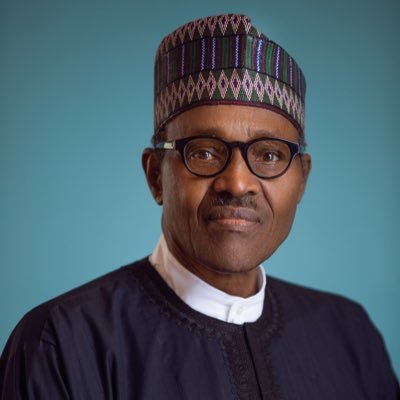Until today, June 12 had always been a day set aside by the South Western region of Nigeria as its own democracy day, to commemorate the day the frees
Until today, June 12 had always been a day set aside by the South Western region of Nigeria as its own democracy day, to commemorate the day the freest and fairest election held in Nigeria in 1993, the first since the 1983 military coup. The result was a victory for the late MKO Abiola. However, the elections were later annulled by military ruler, Ibrahim Babangida. But today, with the signing into law, the bill to make June 12 Democracy Day by President Muhammadu Buhari, it has become a nationwide holiday.
Ita Enang, the senior special assistant to the president on national assembly matters (senate), said the new law, now allows public holiday to be declared on June 12 every year, while May 29 will no longer be a public holiday.
“By the act amended and signed by Mr. President, May 29 is no more a public holiday. June 12 is now a public holiday and the country’s Democracy Day,” he said.
The assent came 48 hours to the maiden celebration of the country’s new Democracy Day. Since return of democracy in 1999, May 29 had been observed as democracy day. On December 6, 2018, Buhari pronounced June 12 as Democracy Day to honour MKO Abiola, presumed winner of the 1993 presidential election.
“We cannot rewind the past but we can at least assuage our feelings, recognise that a wrong has been committed and resolve to stand firm now and ease the future for the sanctity of free elections,” he had said while making the pronouncement.
“Nigerians will no longer tolerate such perversion of justice. This retrospective and posthumous recognition is only a symbolic token of redress and recompense for the grievous injury done to the peace and unity of our country. Our action today is to bury the negative side of June 12 – side of ill-feelings, hate, frustration, and agony. What we are doing today is celebrating the positive side of June 12.”
